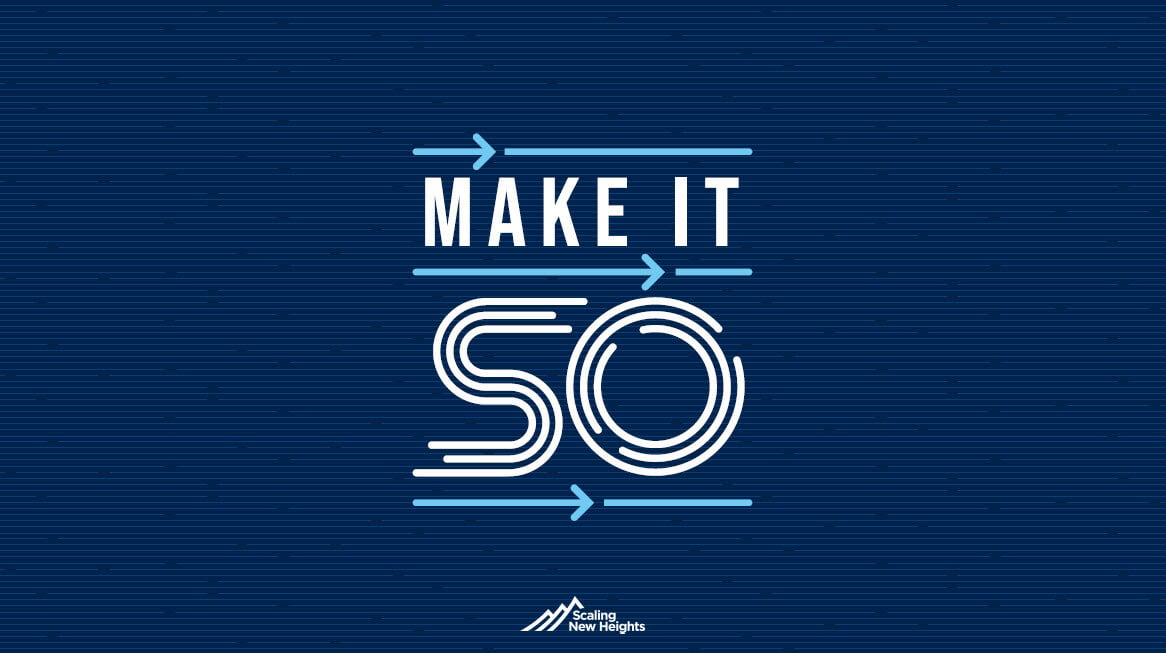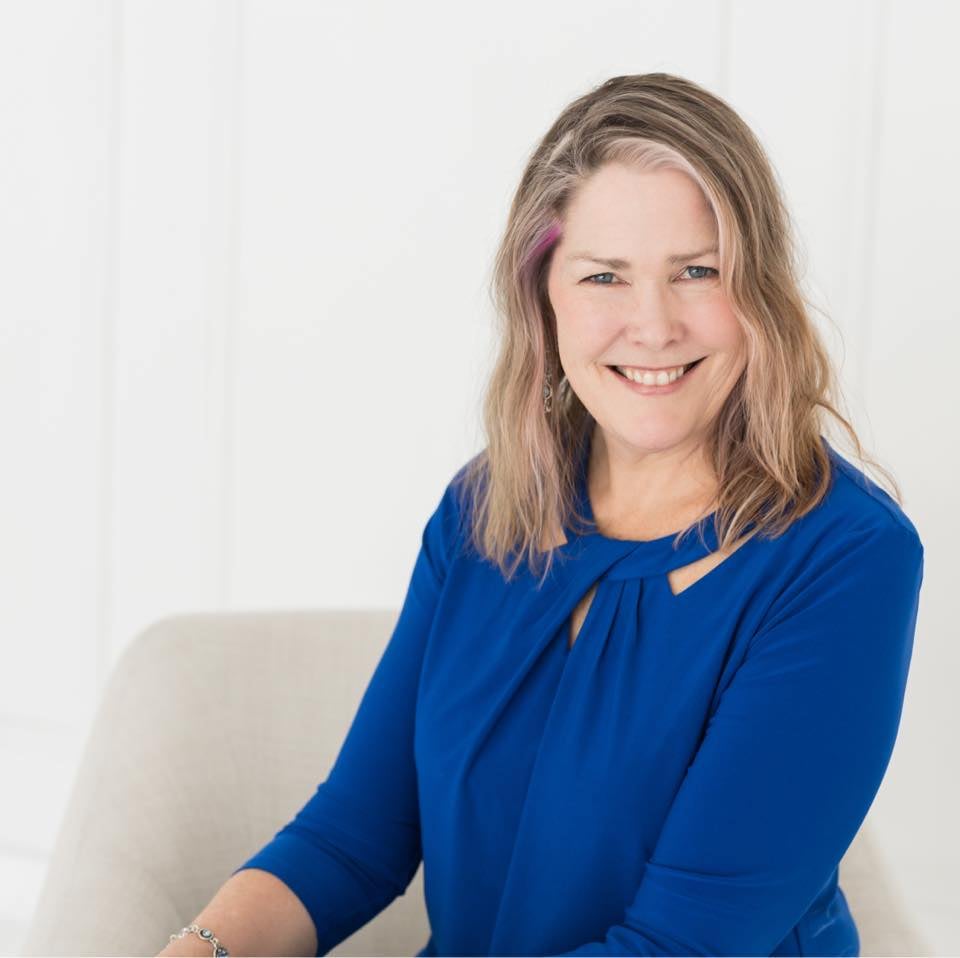The accounting profession continues to evolve at an unprecedented pace, driven by technology, client expectations, and regulatory demands. For practitioners, 2025 will be a pivotal year to reflect, refine and take actionable steps to enhance their practices.
As the theme of the 2025 Scaling New Heights® Conference suggests, it’s time to “Make It So” by turning strategic goals into reality.
Success in the coming year requires thoughtful planning, commitment to professional growth, and a focus on building a resilient practice. By leveraging key areas of development—community, resources, education, coaching, consulting—you can position your practice for meaningful impact.
Step 1: Build a strong professional community
The accounting profession thrives on collaboration. Engaging with peers helps you gain new perspectives, discover best practices, and find solutions to shared challenges. A robust professional community can also act as a sounding board for ideas and a source of inspiration.
Conferences and professional networks provide invaluable opportunities to connect with others in the field. For example, the Scaling New Heights 2025 Conference, scheduled for June 2025, will bring together accountants, bookkeepers, and industry leaders to explore actionable strategies.
By participating, you’ll not only gain insights but also form lasting relationships that can enhance your professional journey throughout the year.
To integrate this step into your 2025 plan:
- Join accounting-specific forums or groups.
- Attend conferences or local meetups to broaden your network.
- Collaborate with colleagues to tackle challenges or explore new service offerings.
Step 2: Leverage resources for efficiency
The foundation of a successful accounting practice is efficient and effective processes. As client demands grow and regulatory complexities increase, practitioners must stay informed and equipped with the right tools to succeed.
Resources like whitepapers, industry reports, and technology guides can help you identify areas for improvement in your practice.
These materials often include actionable advice on topics such as automating routine tasks, enhancing client communication, and integrating technology into your workflow.
To take advantage of resources in 2025:
- Regularly review industry publications and online portals for updates and tools.
- Conduct a technology audit of your practice to identify gaps or inefficiencies.
- Create a library of guides and templates that streamline repetitive tasks.
Step 3: Prioritize lifelong learning
Ongoing education is vital for staying ahead in the accounting profession. With rapid changes in technology, tax laws and client expectations, it’s important to stay informed and adaptable.
Educational opportunities range from online courses and webinars to in-person workshops and conference sessions. For instance, the Scaling New Heights Conference offers tailored learning tracks and in-depth sessions on key industry trends and technologies.
Taking advantage of these opportunities not only enhances your technical knowledge but also provides you with practical tools to implement in your practice.
Incorporating education into your strategy for 2025 includes:
- Identifying skill gaps or emerging areas you’d like to learn more about.
- Setting aside time each month for professional development, whether through webinars or self-paced courses.
- Attending workshops or sessions that focus on specific technologies or practice management strategies.
Step 4: Seek coaching to clarify your goals
Even the most experienced practitioners can benefit from guidance to refine their approach, overcome challenges and achieve their goals. Coaching provides an objective perspective, helping you to identify opportunities for improvement and align your practice with your vision.
Through structured coaching programs, accountants can gain insights into client management, profitability, team dynamics and more. A coach can also help you stay accountable and motivated, ensuring that your plans for 2025 are implemented effectively.
To make coaching work for you:
- Define specific objectives for your practice, such as increasing revenue or streamlining operations.
- Research coaching programs tailored to accounting professionals.
- Commit to regular check-ins to evaluate your progress and adjust your strategy as needed.
Step 5: Transform your practice through consulting
For practitioners looking to make significant changes in their practices, consulting services can provide the expertise and strategic guidance needed to drive transformation. Whether you’re considering a shift to advisory services, optimizing your operations through automation, or preparing for succession planning, consulting can offer a customized path forward.
A consultant can assess your practice’s strengths and weaknesses, recommend strategies for improvement, and help you implement changes with minimal disruption. This level of support is particularly valuable for firms navigating periods of growth or transition.
To explore consulting opportunities in 2025:
- Assess the areas of your practice that would benefit most from expert input.
- Establish clear goals for what you hope to achieve through consulting.
- Partner with consultants who specialize in accounting practice transformation.
A strategic approach to 2025
The path to success in 2025 begins with thoughtful planning and a commitment to professional growth. By focusing on building your community, leveraging resources, prioritizing education and seeking guidance through coaching or consulting, you can achieve meaningful progress in your practice.
As you develop your plan for the year, take inspiration from the Scaling New Heights Conference theme, "Make It So." This message serves as a reminder to move beyond aspiration and into action—because 2025 is the year to make your vision a reality.
For additional insights and resources to support your journey, explore opportunities through professional organizations and networks that align with your goals. With a clear strategy and the right support, 2025 can be your most impactful year yet.
.png?width=150&height=63&name=TWRlogo-regmark_blueblack%20(1).png)
.png)










Do you have questions about this article? Email us and let us know > info@woodard.com
Comments: